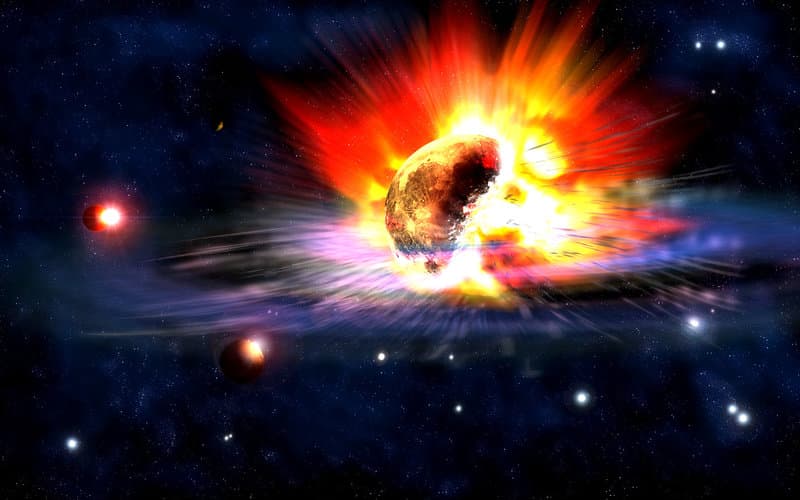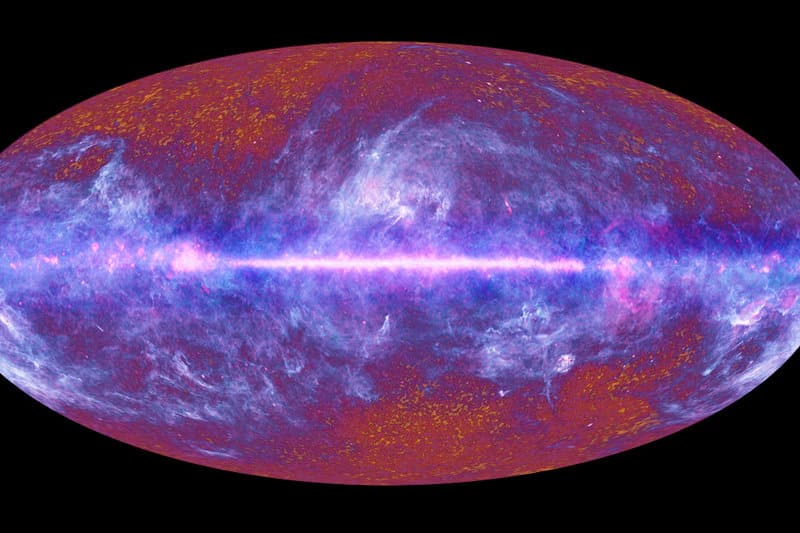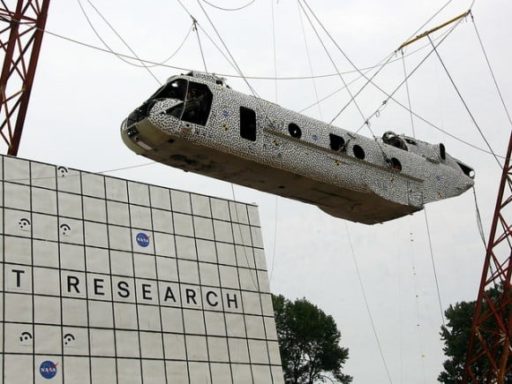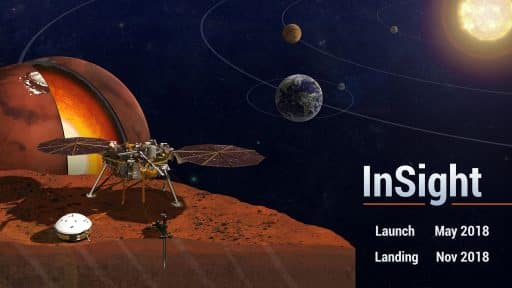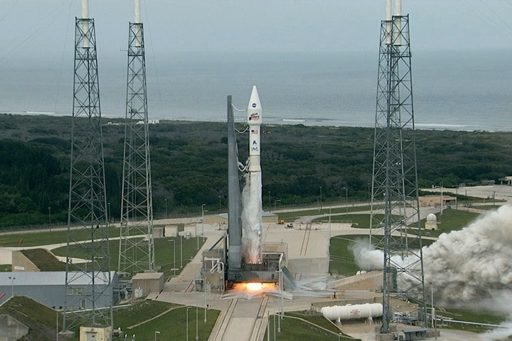In March of this year, a team of scientists announced that they had found evidence of primordial gravitational waves, hypothesized ripples in spacetime whose existence would suggest that the universe did indeed expand many times faster than the speed of light in the first few instants after the Big Bang, as posited by the cosmic inflation theory. But a new report has cast doubt on the Big Bang theory.
Space is full of dust. Cosmic dust, also known as “space dust,” is the name for all of the extremely fine solid particles that we observe floating in space between stars. However, back in March, a group of astronomers using data from the South Pole reported that they had seen something astounding in the night sky — the birth of our universe. Using the BICEP2 telescope positioned at the bottom of our planet, the scientists said they were able to find evidence of gravitational ripples in space that they said were echoes of the Big Bang. But a new report has cast doubt on the BICEP2 team’s findings, suggesting that the ripples might not be telltale waves left over from the moment of our universe’s creation, but simply clouds of space dust that happened to coalesce into swirling shapes after being polarized by magnetic fields.
The report, authored by astronomers using data from the European Space Agency’s Planck satellite, says that the dust is so pervasive in outer space that it’s incredibly difficult to see the gravitational waves the BICEP2 team was looking for. If identified, the spiral waves would support the popular theory of Inflation, which says that the universe expanded exponentially a trillionth of a second after the start of the Big Bang. But the new report says that “even in the faintest dust-emitting regions there are no ‘clean’ windows in the sky” through which the theorized gravitational waves could be fully observed.
The BICEP2 team asked Planck scientists for data at the time of the studies, but due to an apparent instrument failure, it was unavailable. Please note that the original BICEP2 report was questioned at the time of publication for ignoring the implication of space dust on the findings, and the original authors themselves tempered their findings in a revised paper.
Through an email, Raphael Flauger, a researcher at Princeton’s Institute for Advanced Study, said that the new report’s findings made it seem “clear that at least the majority of the signal is caused by dust.” Another researcher Paul J. Steinhardt called for the BICEP2 report to be retracted. But the scientists using the Planck satellite were careful to specify that while dust might have led to inaccurate results, it doesn’t mean the BICEP2 team’s hypothesis is incorrect.
On the other hand, Jonathan Aumont, one of the report’s authors, has said that his team’s work “does not imply that [the BICEP2 team] did not measure at all a cosmological signal.” Aumont says BICEP2 and Plank use “very different observation techniques and signal processing,” and that he cannot say how much of the signal reported in March was produced by dust, and how much by the birth cries of our baby universe.
Do you think, space dust will cast shadow on Big Bang breakthrough? Share your thought with us in the comments below.
Source: Astronomy and Astrophysics
Thanks To: The Verge
[ttjad keyword=”security”]

